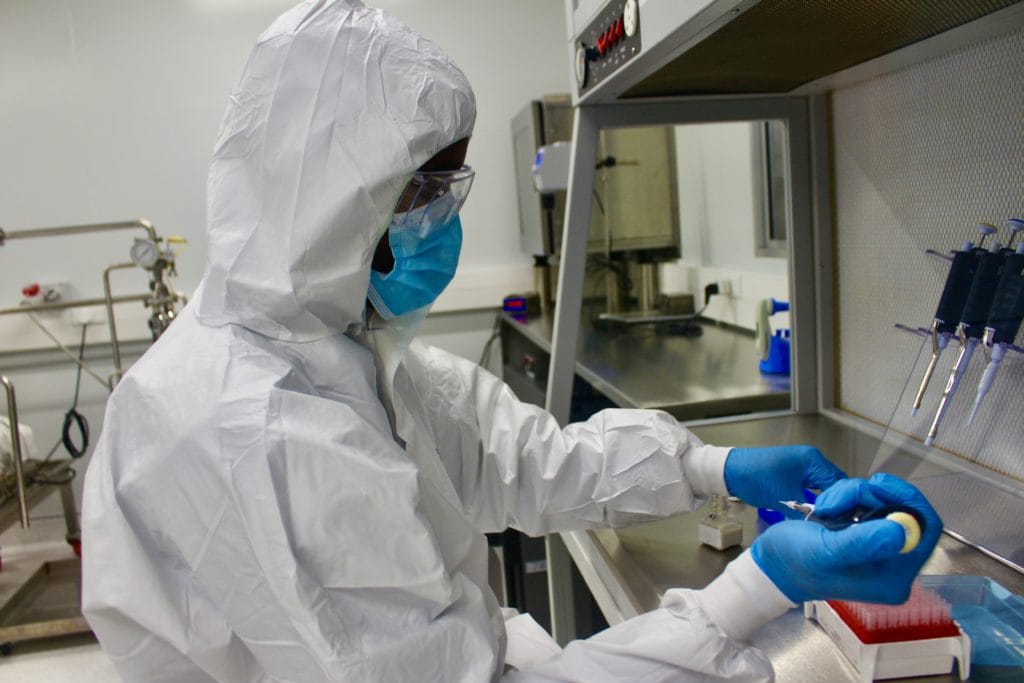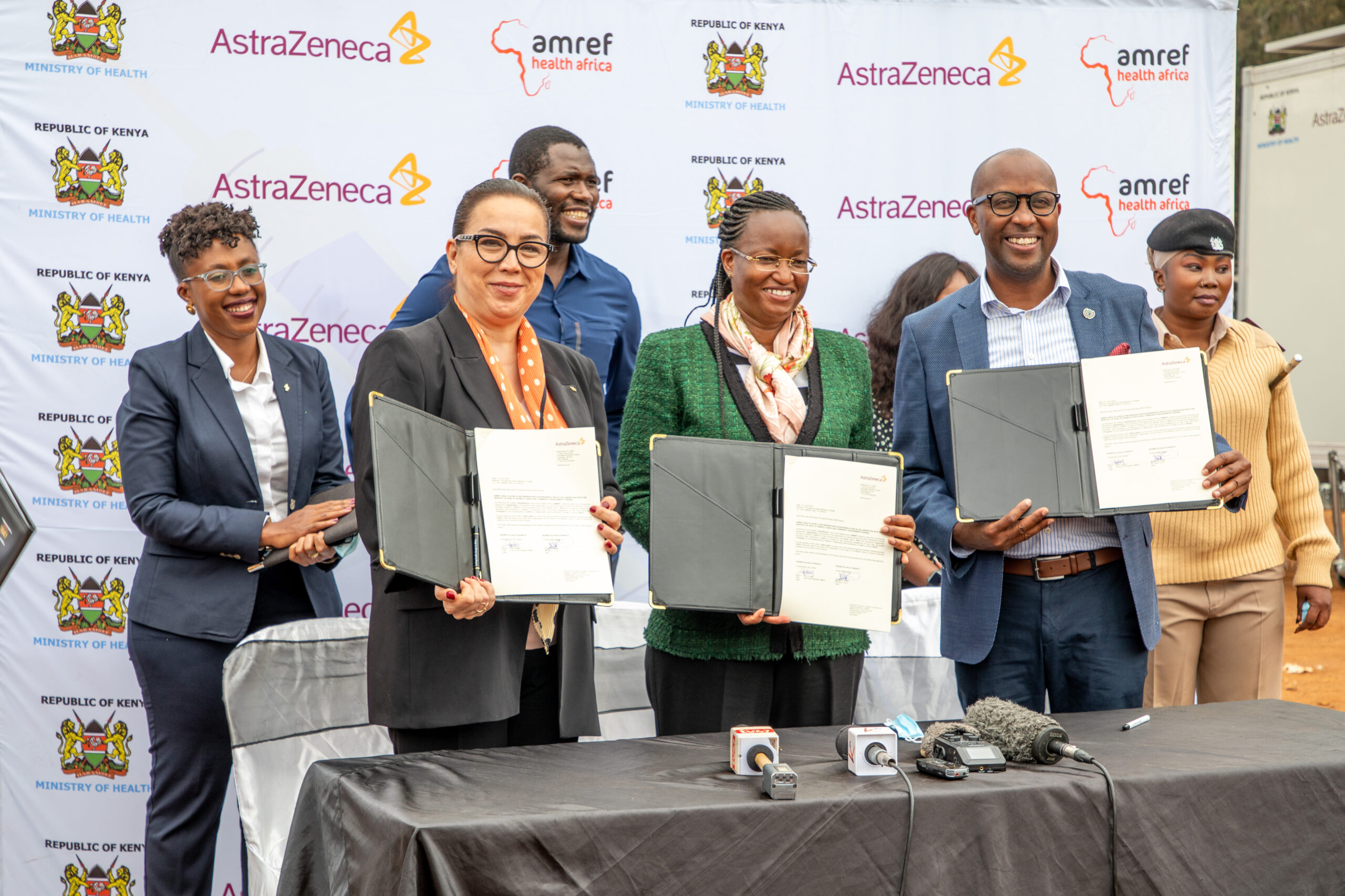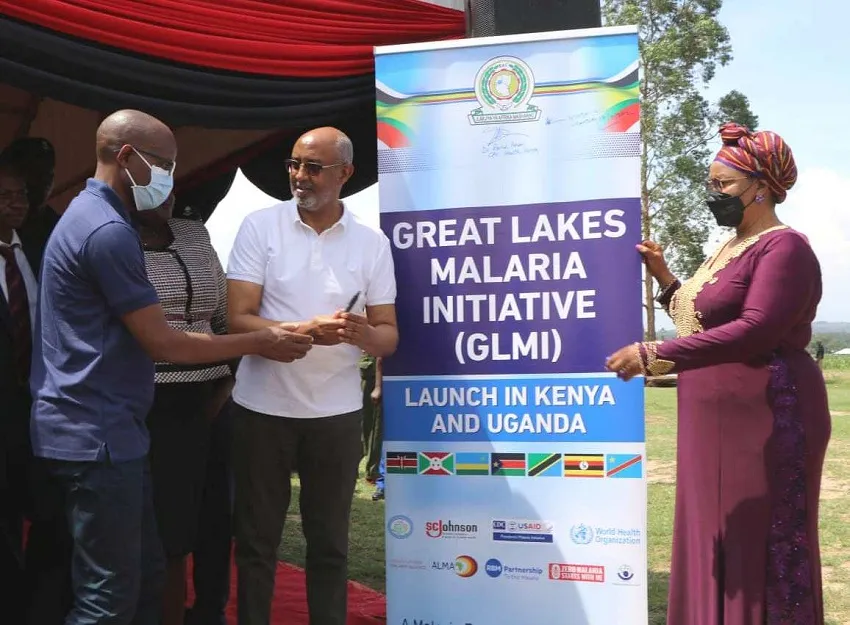Amref to train 8,000 midwives in campaign to improve maternal health
Thursday, 23 February, 2017

05 May 2016. Amref Health Africa is targeting to train at least 8,000 midwives in the next three years in a move aimed at improving maternal health for at least four million women across the continent every year. This is in addition to more than 7,000 midwives already trained under its Stand Up for African Mothers campaign launched three years ago.
Amref Health Africa’s ‘Stand Up for African Mothers campaign’ will spend at least US$9 million in strengthening midwifery competences among primary health care health workers through training in Basic Emergency Obstetric Care (BEmOC), providing delivery kits to trained primary health care workers and job aids in delivering 13 reproductive, maternal, new-born and child health commodities.

It is estimated that nearly 19 million women in Africa give birth without skilled care, increasing the risk of death and disability for both the mother and newborn.
Speaking on the occasion of the International Day of the Midwife 2016, Group CEO of Amref Health Africa, Dr Githinji Gitahi, said investments in midwives can help avert a significant number of the more than 200,000 maternal deaths and over 1 million newborn deaths that occur every year due to the lack of skilled and regulated health workers and adequate facilities.
“Amref Health Africa strongly believes that midwives are crucial in addressing maternal mortality. In Africa, midwives deliver more than babies and also provide other life-saving reproductive health information and services, including antenatal, postnatal care and family planning,” – Dr Gitahi
Dr Githinji said there was need for the Government to accelerate implementation of Human Resources for Health strategies to increase the number of midwives trained and upgraded in the country.
“There is need to urgently deliver on commitments to increase the health budget to reach the 15% target of Abuja Declaration and adopt innovative mechanisms to support the training, recruitment, deployment and retention of midwives to ensure adequate production and distribution across rural and remote areas,” said Dr Gitahi.
It is currently estimated that one midwife can look after 500 mothers every year and safely deliver at least 100 babies.
The theme of International Day of the Midwife 2016 is ‘Women and Newborns: The Heart of Midwifery’.
A 2014 report released by the United Nations Population Fund together with the International Confederation of Midwives, WHO and partners reveals that investments in midwifery education and training at agreed international standards can yield as high as 1,600% return on investment.

When educated to international standards and within a fully functional health system, Midwives can provide about 90% of the essential care to women and newborns and can potentially reduce maternal and newborn deaths by two thirds.







